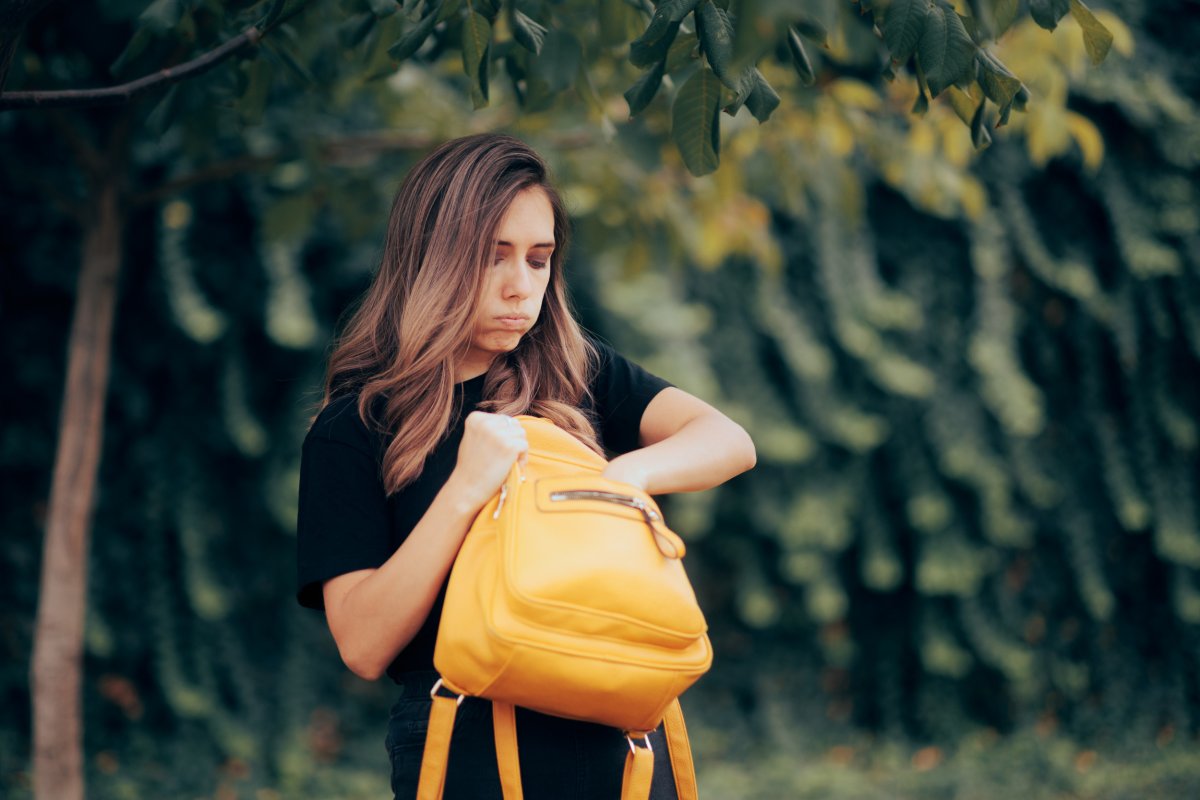Can you remember what you had for breakfast three days ago? How about where you've left your car keys?
It can often be difficult to remember basic actions in our day-to-day lives. Usually recalling these events is not essential to us, but it can still be pretty annoying when you forget where you left your glasses for the fifth day in a row. Luckily, neuroscience has a solution.
"There are many types of memory," Alexander Easton, a professor of neuroscience at Durham University in the U.K., told Newsweek. "Memory for events in our lives, memory for facts, memory for faces, memory for things we are actively using (like remembering a telephone number whilst dialing), etc. Each form of memory is likely to be impacted by different factors, some will be genetic, some will be environmental impact over the course of our lives, and some will be short term impact (like alcohol!)."
When it comes to our everyday memories, one of the biggest challenges is distinguishing between many very similar events, like what you wore for work or where you put your keys. "One way we can overcome this is through routines," Easton said.

"If you have the same breakfast every day, then remembering these two breakfasts is trivial. You don't need to remember the events themselves; you just need to remember what you have for breakfast every day. Leaving your car keys in the same place every time you come into the house will help you find them again. You don't need to remember the event of placing them somewhere, you just need to remember where you always put them."
These routines also make deviations from this regimen more memorable. "If, for some reason, you put [your keys] somewhere different then this will be such a distinctive memory that it will be relatively easy to recall," Easton said. "Creating distinctiveness, therefore is also very helpful.
"Sometimes we can't control where things happen, but we can focus on the things that are distinctive when they happen, like who are we talking to, where am I sitting, what time of day is it, who else is here? If we can create distinctiveness in our everyday lives then we can create a better way to distinguish one memory from another, making it easier to remember things."
For memorizing longer lists, a useful trick is the memory palace method.
Ultimately, memory is something that needs to be practiced. Being mindful and consciously noticing the world around you can help solidify key moments and blur out potential distractions. "You remember what you pay attention to, so, knowing that, you can mindfully pay attention to the things you want to remember and not focus on things that are potential distractions," MIT neuroscientist Tara Swart Bieber previously told Newsweek.
Do you have a tip on a science story that Newsweek should be covering? Do you have a question about memory? Let us know via science@newsweek.com.
Uncommon Knowledge
Newsweek is committed to challenging conventional wisdom and finding connections in the search for common ground.
Newsweek is committed to challenging conventional wisdom and finding connections in the search for common ground.
About the writer
Pandora Dewan is a Senior Science Reporter at Newsweek based in London, UK. Her focus is reporting on science, health ... Read more





